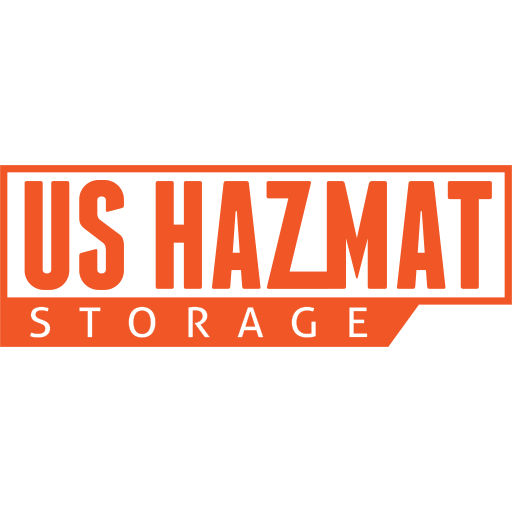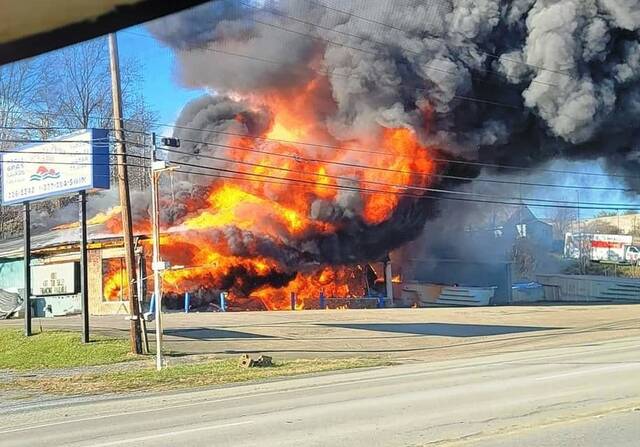Fire. Fire is the progenitor accelerant in the sphere of dangerous catalysts. Everything in the physical and chemical world has a combustible relationship with fire. Scorching flames have no other purpose than to destroy or incinerate -rather through deliberation or spontaneous combustion, nothing is left unsinged if left too close to the flame. Only water can quell fire’s wrath – as if to personify of having a wrath of its own, which remains debatable considering it seems to only target the most vulnerable. Fire needs no introduction to destruction, but it will gladly take one. Improper chemical storage is a guaranteed RSVP from the flames. Improper chemical storage can be a nuisance to the entire community, and if not curtailed quickly, will spell disaster. A swimming pool supply store is a lesson in not only in the caliber of destruction in fire’s wrath, but how residual effects from improper chemical storage is two-prong scythe of mayhem.
Improper Chemical Storage Can Take Your Breath Away
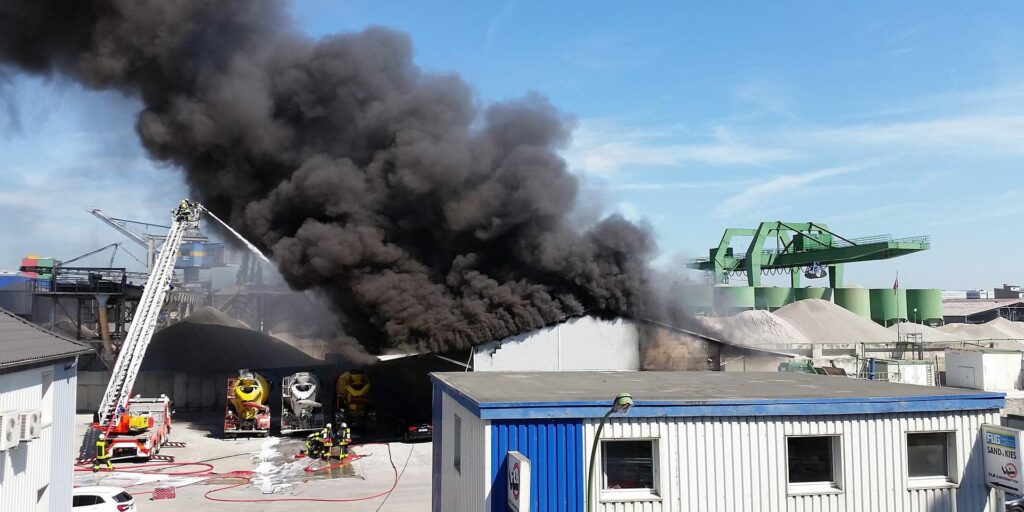
Just before the quaint suburbs of Pittsburgh, Pennsylvania settled in for the Thanksgiving weekend, a fire erupted at a local swimming pool supply company, leveling the building in a matter of minutes. Adding to the mix of chaos was the sudden explosion of pool chemical ignited by the flames and sending dangerous airborne toxins throughout the vicinity, eventually necessitating emergency care to one fire fighter who inhaled the dangerous fumes. When fire erupts and threatens to send potentially dangerous inhalants and carcinogens skyward, you don’t have enough time to consult with poison control about the effects of the dubious gas descending on the town, authorities must act quickly to guarantee everyone’s safety. So was the case with a split second judgment call that evacuated an entire nursing home of elderly people, likely confused and distraught by the circumstances of the sudden usurp. As you might imagined, what began as a rather isolated event quickly into a nightmare on Main Street.
Proper Swimming Pool Chemical Storage
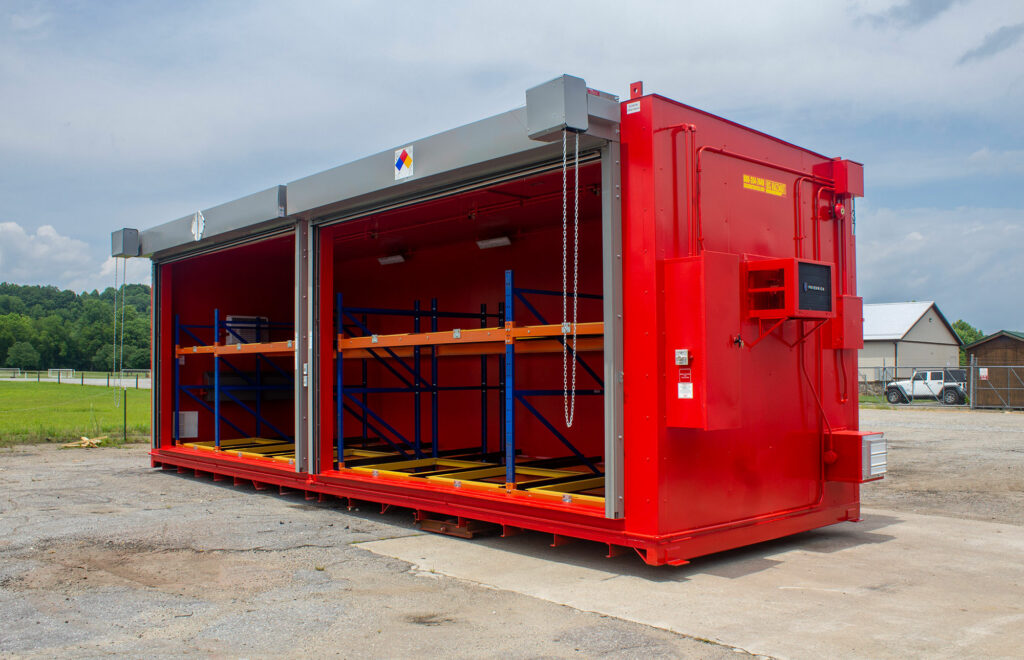
But how are swimming pool chemicals dangerous? Swimming pools rely on cold water to provide a relaxing time for guests, how can liquids become flammable? This is where some high school chemistry and common sense enters the equation. While its true that water is the original extinguisher of flame, it can act as an accelerant if the liquid material has a saturation point or yield that surpasses the suppressing trait of water in any heterogenous mixture. Flammability is then determined by the flash point, or the lowest temperature at which a liquid forms a vapor above the surface that can be ignited. Other substances, such as hydrocarbons contain a mixture of accelerants so combustible and volatile that it overrides an extinguishing value of the host liquid. Swimming pools rely on a host of chemicals to keep them pristine and sanitary for everyday use, including pool oxidizers like calcium hypochlorite.
How to Keep Dangerous Chemicals From Becoming a Citywide Emergency Event
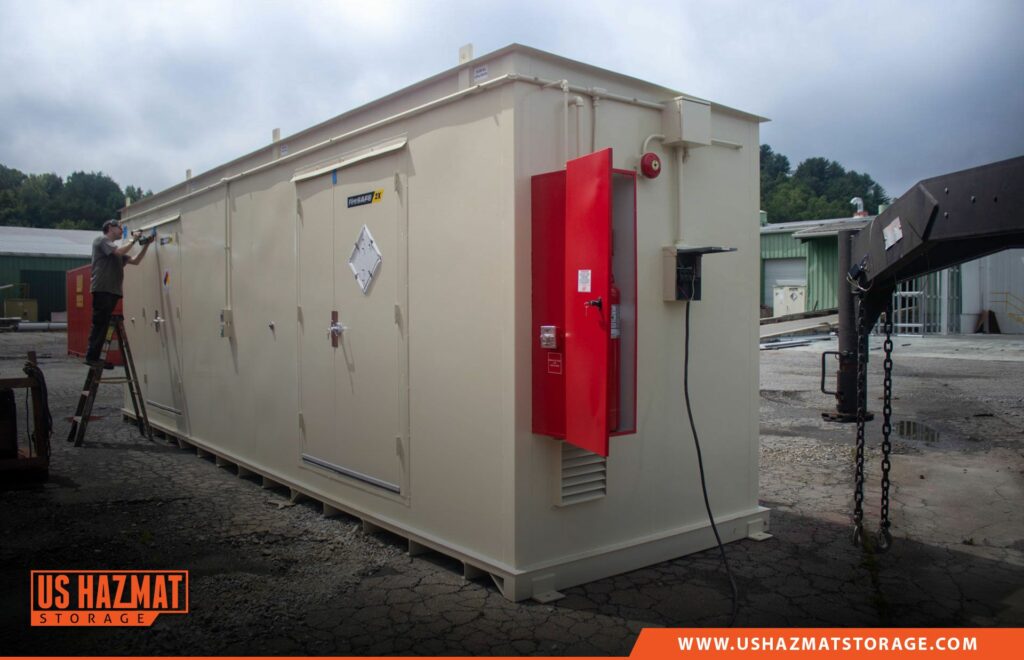
Chemical segregation and separation is key in preventing fires and dangerous explosions. Certain chemicals should never come in proximity of others because of how they could potentially react. These same chemicals must be kept in climate controlled facilities that offer proper ventilation. This is needed to not only prevent fires or dangerous inhalation events, but to also help maintain the chemical consistency of chemicals, so you don’t need to purchase more due to premature deterioration. Fortunately, U.S. Hazmat Storage can provide a single storage solution that offers all of the above mentioned amenities. Our steel welded storage lockers can offer OSHA, EPA and NFPA compliant storage. Optional fire suppression can alleviate any concerns of dangerous pool chemical fires, such as the one that occurred recently in Pennsylvania. Additionally, we offer climate control and mechanical ventilation to ensure any possibility of fire and dangerous combination. Unsure of your chemical storage needs? Just ask to speak with an experienced building advisor who can apprise you of all possible chemical storage solutions. Don’t wait to become a victim of improper chemical storage – take action today!

